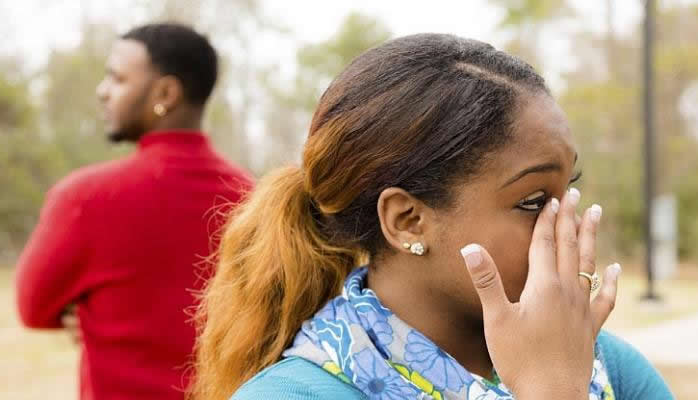Shinzo Abe, Japan’s Longest-serving PM, Assassinated
- Home
- Shinzo Abe, Japan’s Longest-serving PM, Assassinated

Shinzo Abe, Japan’s Longest-serving PM, Assassinated

Former prime minister Shinzo Abe, one of Japan’s most prominent post-war political figures, has died after being shot in the chest during a campaign speech Friday, medical officials said.
The 67-year-old Abe died at a hospital in Nara Prefecture, where he had been receiving treatment after being shot with what appeared to be a handmade gun.
Abe had been speaking at a small campaign event on a street outside a train station in the city of Nara, just east of Osaka, at about 11:30 a.m. local time when a man rushed at him and fired two shots.
Videos posted on social media appeared to show bystanders scrambling to help, amid a cloud of white smoke, as Abe lay on the ground motionless.
Hospital officials said Abe did not show vital signs after being airlifted to the hospital. Doctors attempted to stop the bleeding, and to conduct blood transfusions, but Abe was declared dead at 5:03 p.m. They said one of the shots penetrated Abe’s heart and the other hit his neck.
The alleged shooter, a 41-year-old man from Nara, has been detained. It said the man, who state broadcaster NHK identified as Tetsuya Yamagami, served three years in the Japanese Self-Defense Forces. The man told police that he was dissatisfied with Abe and wanted to kill him, NHK added.
Video of the shooting aftermath appeared to show a box-like weapon with two thick barrels lying on the street after the suspect was detained. Media reports said the weapon appeared to be homemade. Japan has very tough gun laws that make it almost impossible to buy a gun.
Abe’s death will leave a void in Japanese politics. Both during and after his two terms in office, Abe had a profound impact on the direction of the country. He was a major proponent of countering China’s growing strength and boosting his country’s military budget.
Abe had been speaking at a small campaign event ahead of Japan’s upper house election, which will be held Sunday. His public schedule had been published a day earlier.
Japanese Prime Minister Fumio Kishida condemned the “sneaky barbaric” attack, saying it occurred during elections that form the very heart of Japan’s democracy. He declined to comment on the political implications of the shooting. Japanese officials have said the election will continue.
Abe was Japan’s longest-serving prime minister. He stepped down in August 2020, citing ill health, but had remained active in politics. He remained an influential voice in the country’s ruling Liberal Democratic Party.
Even before the shooting, Abe was expected to have a major impact on Sunday’s election, the outcome of which could be crucial not only for Japan’s economy but also its future defense posture.
Abe had been one of the most prominent voices calling for Japan to revise its pacifist constitution, which was drafted by U.S.-led Allied forces occupying the country after World War II.
Rahm Emanuel, U.S. ambassador to Japan, said the U.S. was “saddened and shocked” by the shooting. “Abe-san has been an outstanding leader of Japan and unwavering ally of the U.S.,” he added.
U.S. Secretary of State Antony Blinken, who is attending a G-20 summit in Indonesia, said it is a “very, very sad moment.”
Japan’s last political assassination occurred in 2007, when the mayor of Nagasaki was shot by a yakuza gangster. A Japanese Socialist Party official was also killed during a speech in 1960 by a right-wing assassin with a samurai sword.
The Abe shooting could lead to more security at Japanese campaign events, which are relatively accessible compared to many countries.
“Most Japanese have gotten quite used to being familiar and intimate with politicians. It’s part of the political culture here, the democratic culture, that you can get quite close to the politicians and listen to them and talk to them. What happened today flies in the face of all of that,” said Corey Wallace, who teaches global security courses at Yokohama’s Kanagawa University.
Although Sunday’s vote will proceed as planned, most campaign events were suspended following the shooting. But Lully Miura, a political scientist at Tokyo’s Yamaneko Research Institute, said she expects most Japanese politicians will continue to be accessible at public events moving forward.
“They don’t want that. They want a freer environment, they want more handshaking and a closer relationship with the public,” she said.
Source: voanews.com
Classic Ghana
Classic Ghana brings you into a fun world of arts, entertainment, fashion, beauty, photography, culture and all things in between. Let’s explore these together!


